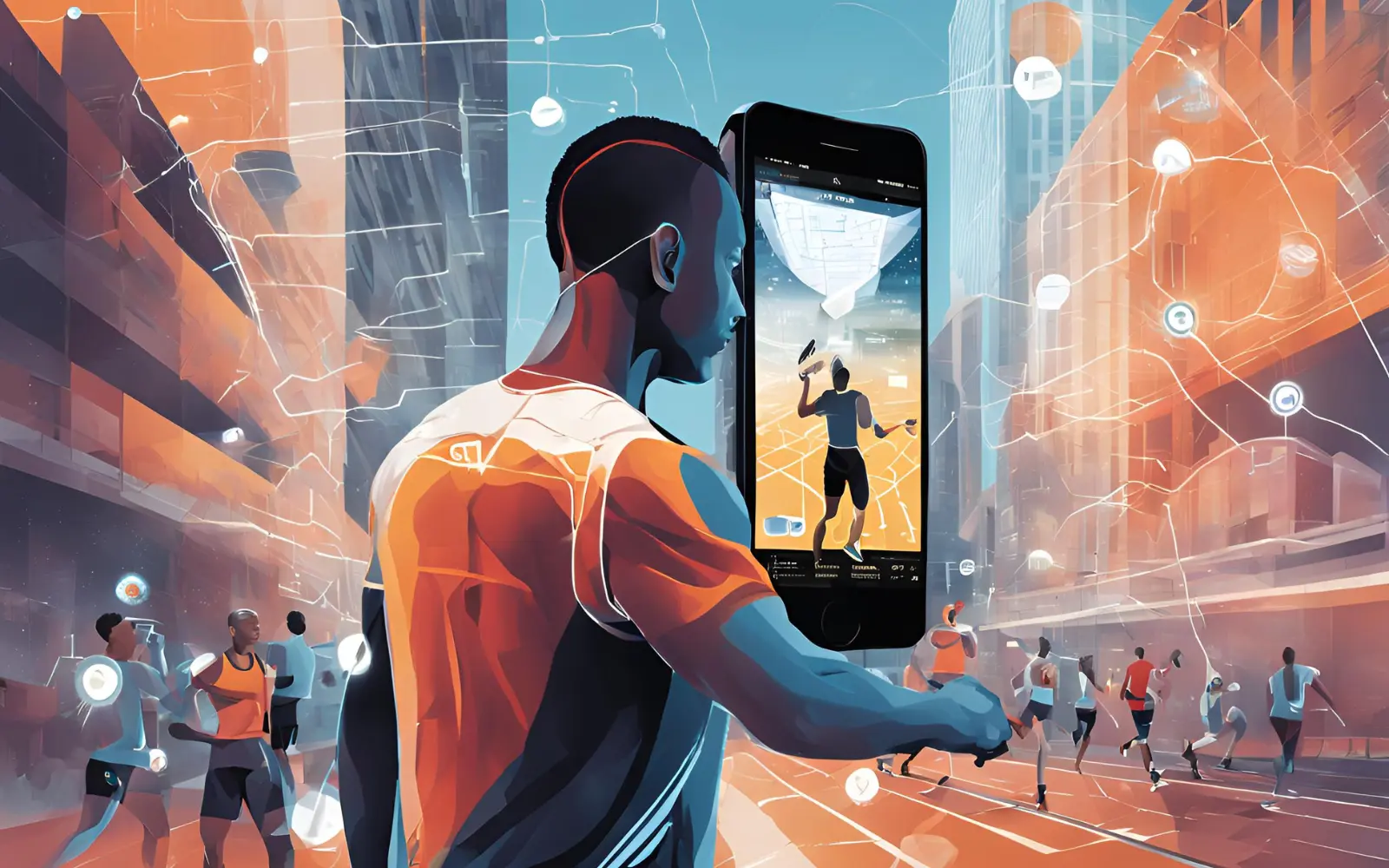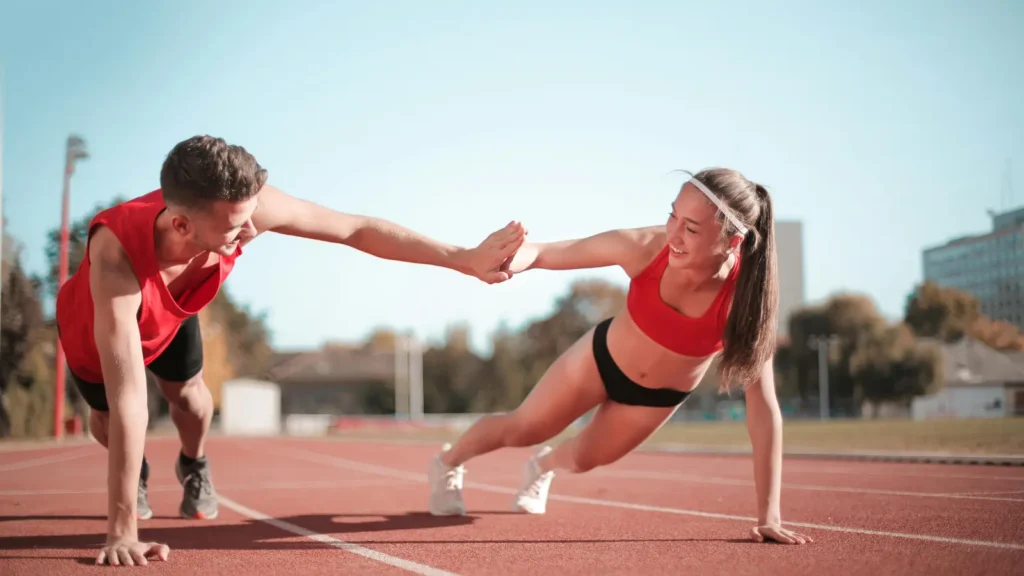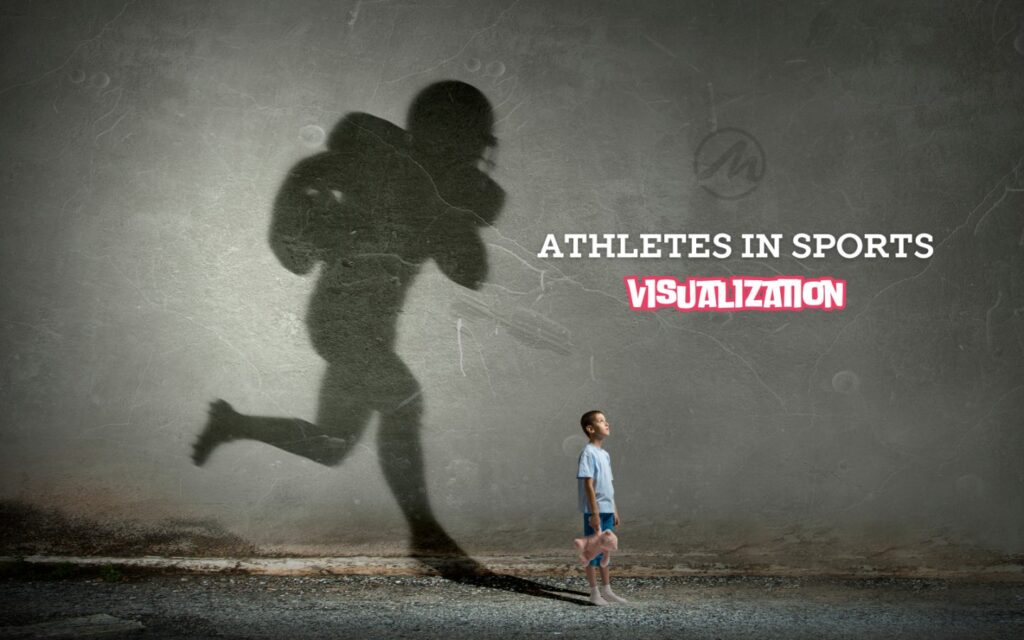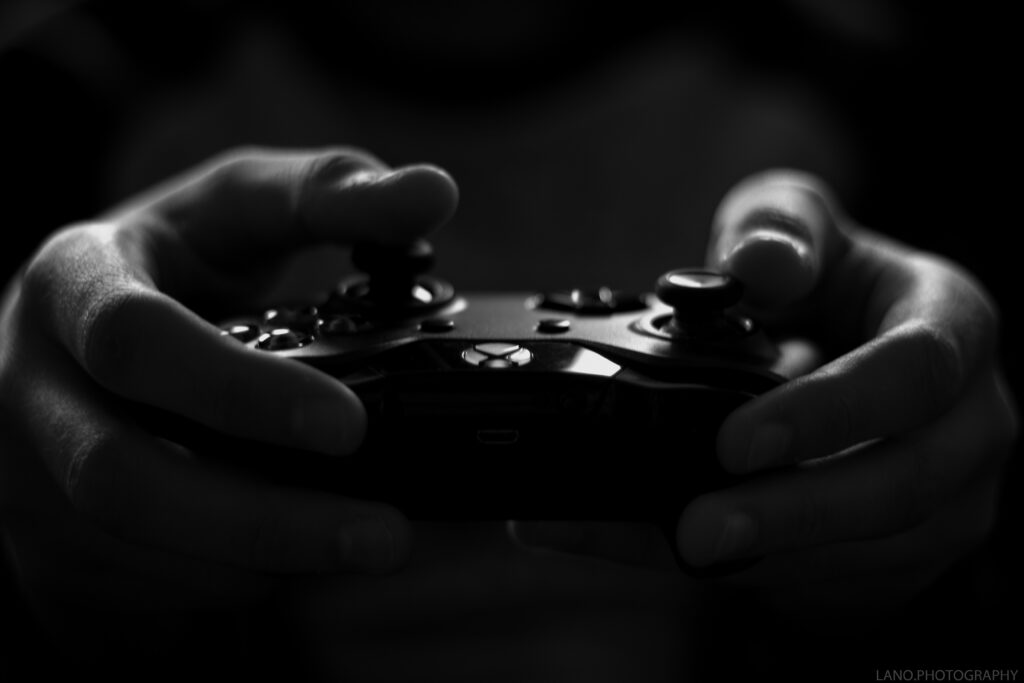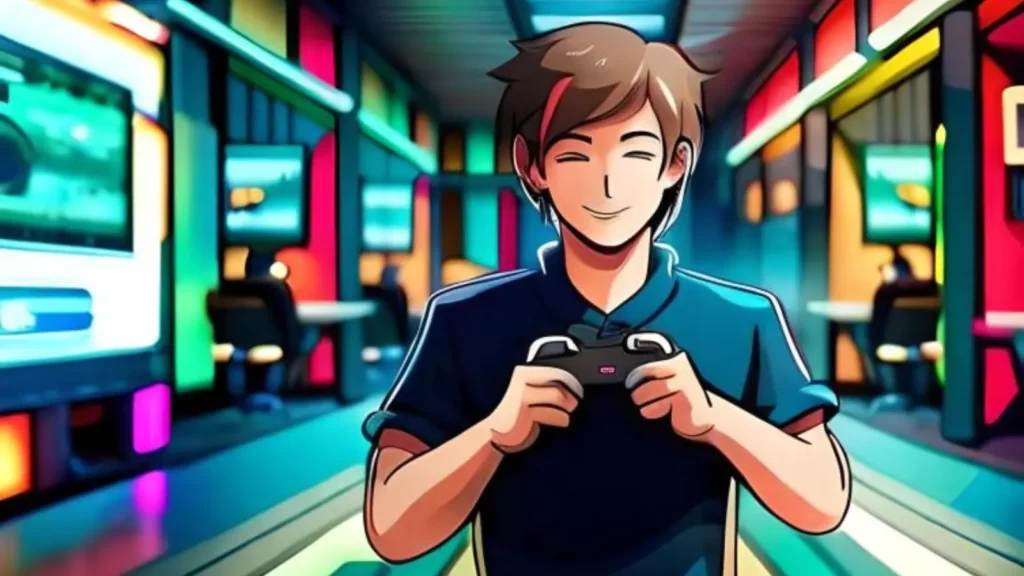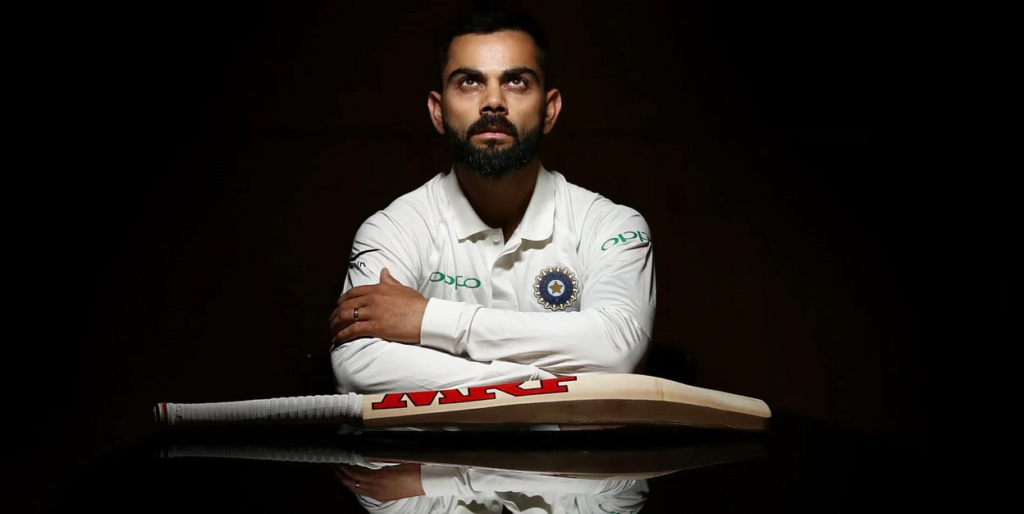Social media’s impact on athlete has become a double-edged sword, offering both opportunities and challenges. On one hand, it provides a platform for athletes to connect with fans, build their personal brands, and inspire others. Studies have shown that athletes with a strong social media presence can attract more sponsorship deals and endorsements, significantly boosting their earning potential. For instance, a recent survey found that over 70% of athletes believe social media has positively impacted their career.
However, the constant pressure to maintain an online presence can take a toll on athletes’ mental health. Cyberbullying, unrealistic expectations, and the fear of missing out can lead to anxiety, depression, and even burnout. A study conducted by the American Psychological Association revealed that 60% of athletes reported experiencing negative mental health effects due to social media.
Social media has revolutionized the way athletes interact with fans, build their brands, and share their experiences. However, this digital age comes with its own set of challenges, particularly for athletes’ mental health. It’s crucial for athletes to be mindful of their social media usage, set boundaries, and seek support when needed.
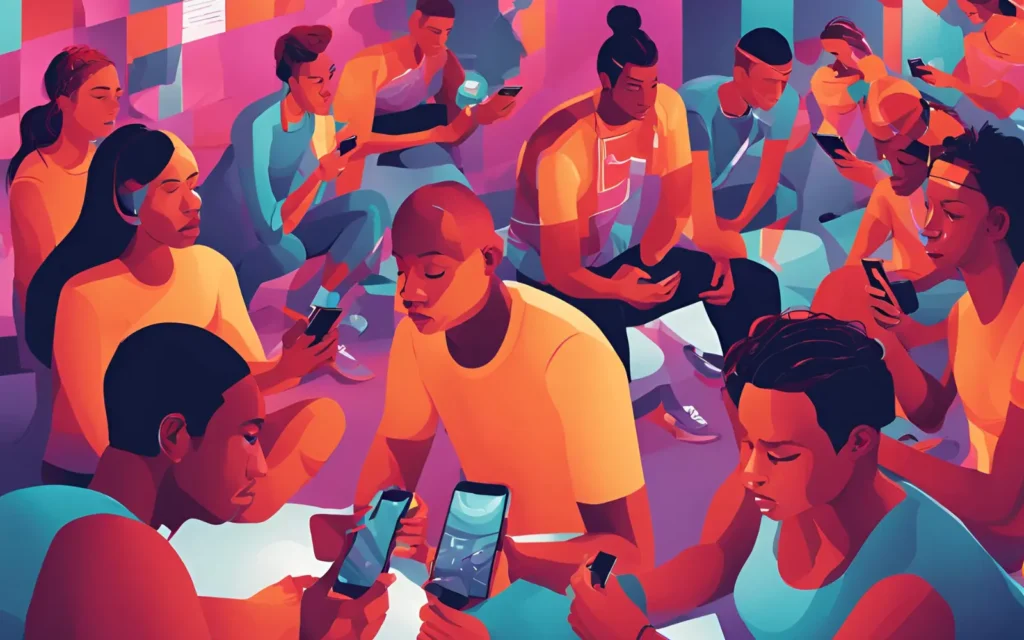
The Bright Side of Social Media’s impact on athlete
Platform for Self-Expression
- Athletes can share their journey, connect with fans, and inspire others.
- Platforms like Instagram, Twitter, and TikTok allow athletes to share personal stories, behind-the-scenes footage, and motivational messages.
- This can foster a sense of community and connection with fans.
Building a Brand
- Social media can help athletes build their personal brand and increase their earning potential.
- By strategically using social media, athletes can attract sponsorships, endorsement deals, and other business opportunities.
- A strong social media presence can also lead to increased popularity and fan following.
Community and Support
- Athletes can find support and camaraderie from fellow athletes and fans.
- Social media groups and forums can provide a space for athletes to share experiences, seek advice, and offer encouragement.
- This can be particularly important for athletes who may feel isolated or alone.
The Dark Side of Social Media’s impact on athlete
Cyberbullying
- Athletes, especially young ones, can be subjected to online harassment and abuse.
- Cyberbullying can have severe consequences, including depression, anxiety, and even suicidal thoughts.
- It is crucial for athletes to be aware of the dangers of cyberbullying and to seek help if they are experiencing it.
Unrealistic Expectations
- Social media use for athlete can create unrealistic expectations of success, leading to pressure and anxiety.
- The carefully curated images and highlight reels on social media can create a distorted view of reality.
- This can lead to feelings of inadequacy and self-doubt, especially for athletes who may not meet these unrealistic standards.
Constant Pressure
- The constant need to maintain an online presence can be overwhelming and stressful.
- Athletes may feel pressured to constantly post new content, respond to comments, and engage with fans.
- This can lead to burnout and negatively impact their mental health.
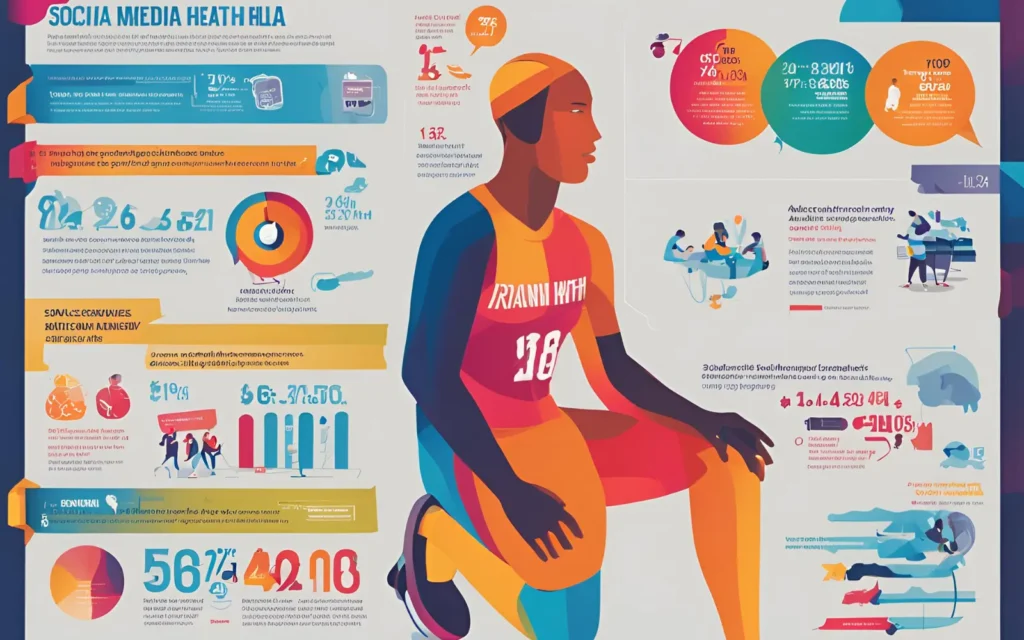
Strategies for Healthy Social Media Use for athlete
Our sports psychologists strategies to mitigate the negative social media’s impacts on athletes. As athletes should take a proactive approach to their online presence. By setting boundaries, consuming content mindfully, and seeking support, athletes can protect their mental health and use social media in a positive way.
Setting Boundaries, Consuming Mindfully, and Seeking Support – To maintain a healthy relationship with social media use for athletes should implement the following strategies:
- Set time limits for social media use and schedule regular breaks.
- Curate your feed by following accounts that promote positivity and well-being.
- Limit comparisons to others on social media and focus on your own progress.
- Practice gratitude by focusing on the positive aspects of your life and achievements.
- Seek support from mental health professionals, family, friends, and teammates.
- Take social media breaks to recharge and prioritize other activities.
By understanding the potential risks and benefits of social media use for athletes can take steps to protect their mental health and use this powerful tool responsibly.
Here are some relevant studies to support these claims:

